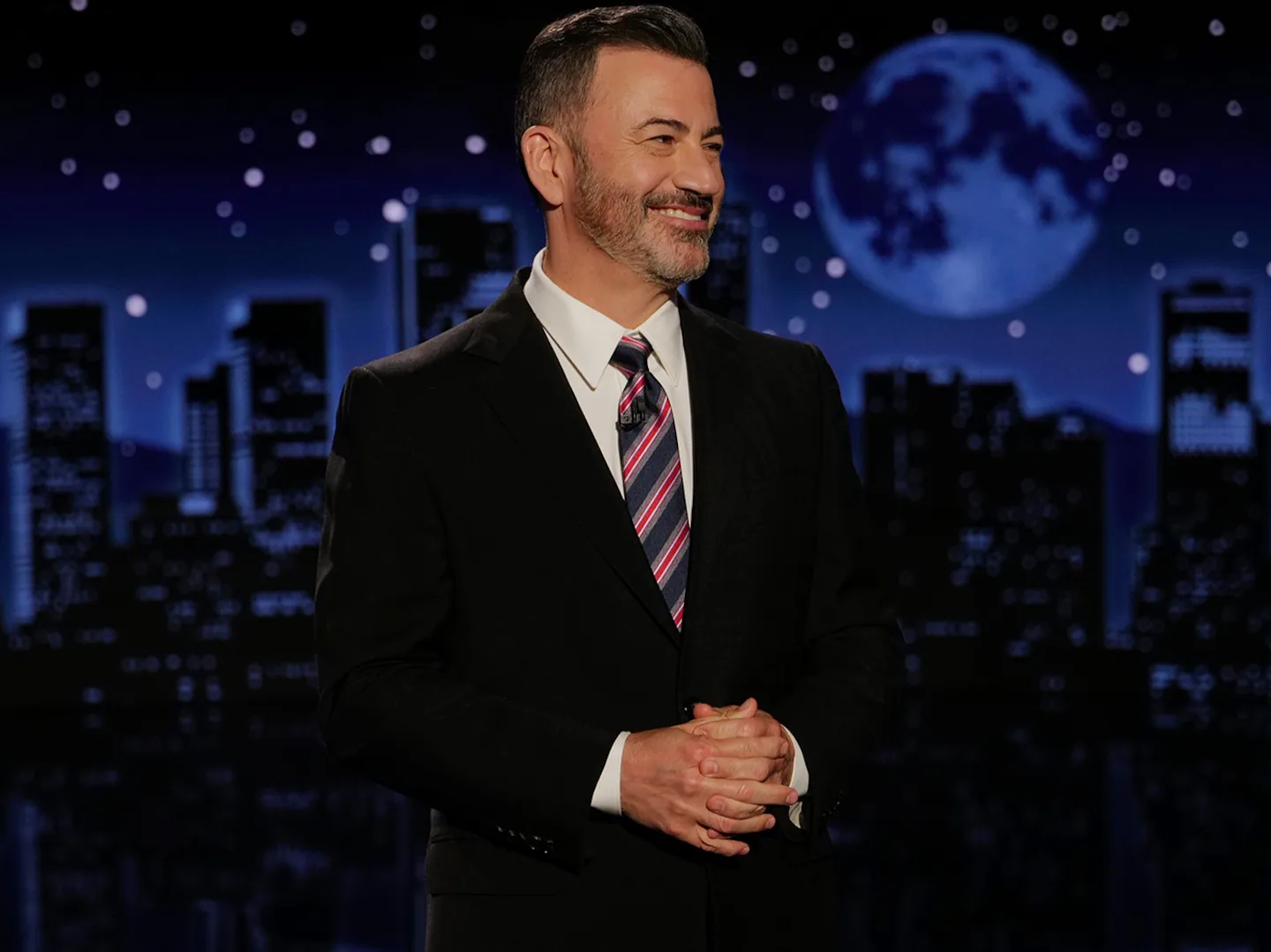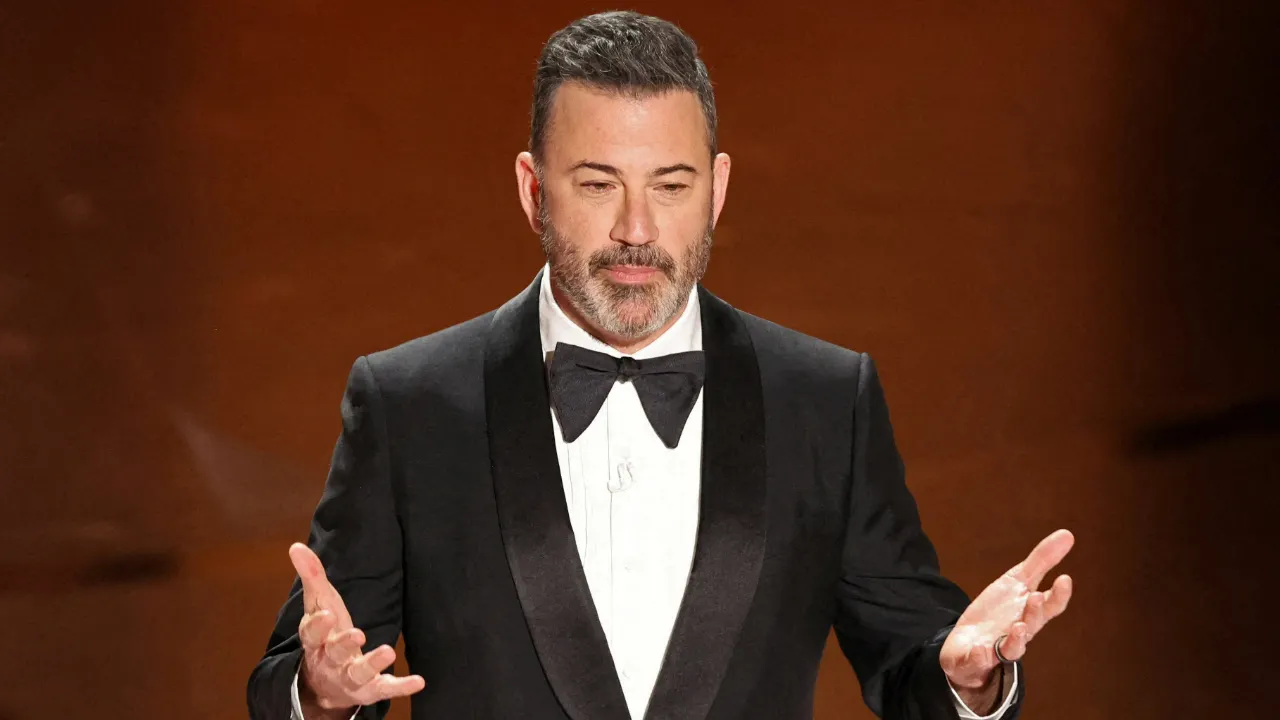
The lights came up Tuesday night on “Jimmy Kimmel Live!,” and there he was: Jimmy Kimmel, returning to his late-night desk after nearly a week of being off the air.
The longtime ABC star had been sidelined after remarks he made Sept. 15 about the assassination of conservative activist Charlie Kirk. Kimmel’s defiant, joke-filled opening monologue addressing the controversy earned immediate praise from some of his supporters.
“What a brilliant monologue from Jimmy Kimmel,” actor and comedian Ben Stiller wrote on social media.
Sen. Amy Klobuchar, D-Minn., a frequent critic of President Donald Trump, said: “Welcome back Jimmy Kimmel!”
Some commentators on the right accused Kimmel of faking his getting choked up as he discussed Kirk’s death, while others did not believe he was sufficiently apologetic.
Kimmel’s remarks on Kirk sparked a storm of criticism and a pointed warning from Brendan Carr, the chair of the Federal Communications Commission. The result was a network suddenly caught between its late-night host and Washington power, forced to balance free speech with corporate caution.
Disney executives, wary of inflaming tensions, decided to suspend “Jimmy Kimmel Live!” before the host could deliver his planned rebuttal on Sept. 17. The pause, indefinite at the time, quickly turned into a cultural flashpoint: Was this a prudent business move? Or was it suppression of speech?
Advertisement
Shortly before the show aired, President Trump, in a post on Truth Social, criticized ABC for putting Kimmel back on the air and threatened legal action against the network.
“Why would they want someone back who does so poorly, who’s not funny, and who puts the Network in jeopardy by playing 99% positive Democrat GARBAGE,” he wrote.
Advertisement
At the core of the uproar were Kimmel’s comments suggesting that “the MAGA gang” was scrambling to reframe the motives of Kirk’s assassin. Conservatives pushed back, saying the comedian had distorted facts about the accused. Prosecutors, for their part, have said only that the gunman objected to Kirk’s “hatred,” without specifying which statements he found hateful. His mother said he had recently moved to the political left.
Meanwhile, anticipation built. On a normal night, Kimmel draws about 1.6 million viewers. But television executives expected far more Tuesday, even with affiliates owned by Nexstar and Sinclair, which together account for about a fifth of ABC’s national reach, deciding to preempt the program.
This article originally appeared in The New York Times.



